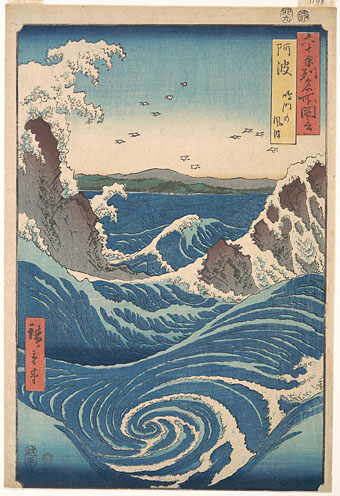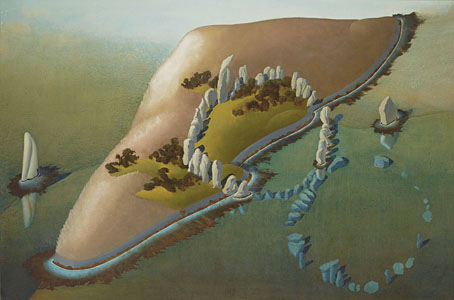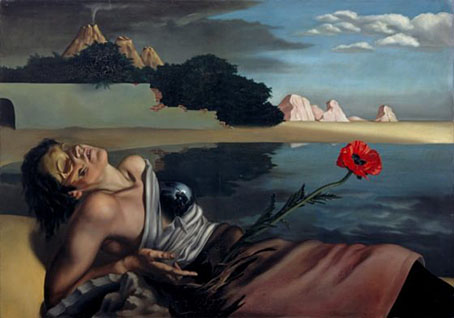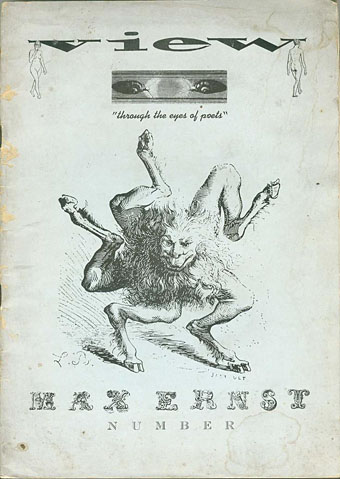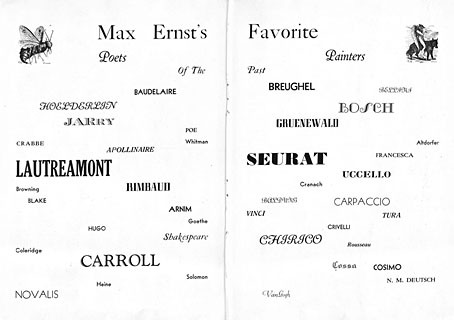Naruto Whirlpool, Awa Province, from the series Views of Famous Places in the Sixty-Odd Provinces (c. 1853) by Hiroshige.
• Eric Margolis: “Yukio Mishima may have gone out in an inglorious blaze in 1970, but three of his previously untranslated works have been released in the English-speaking world in the last two years, with another on the way.” The forthcoming novel is Mishima’s only venture into science fiction (!), A Beautiful Star. The book was filmed by Daihachi Yoshida in 2017.
• “[Ace in the Hole] did well in Europe but not here, perhaps because Americans expected a cocktail and felt I was giving them a shot of vinegar instead.” Billy Wilder discussing his career with Charles Higham in 1967.
• Mixes of the week: All these things invisible by The Ephemeral Man, and Secret Thirteen Mix 306 by Yogev Freilichman.
“So I got a phone number for Vangelis, he was living in Paris and I went there and called him up. He said (affects a gruff Greek accent) ‘Hello’, I said, ‘My name’s Jon Anderson’. He said ‘What?’ I said, ‘I’m in a band called Yes’, he said, ‘Are you a singer? Well, come over’, so I went over. There was this big guy with a long kaftan on and a bow and arrow around his shoulder. I got into his palatial apartment near the Champs-Élysées and there’s quite a long hallway down to his living room, and there’s a little old man there sitting by the TV. Vangelis takes out his bow and sends this arrow down the hallway and it goes right through the window, because the window was open. I said, ‘Vangelis, you could have killed somebody’, he said, ‘Oh, don’t worry, I’m Greek’. I said, ‘I know you’re Greek, but come on’.”
Jon Anderson talking to Duncan Seaman about his first encounters with Vangelis
• Tarot cards though the ages; examples from a new book on the subject published by Taschen.
• The Suspended Vocation again: Ryan Ruby on Pierre Klossowski, “Brilliant Brother of Balthus”.
• Secret Sound podcast #17 is devoted to The Galaxy of Turiya aka Alice Coltrane.
• At Dennis Cooper’s: Shaye Saint John Day.
• Make Me Smile (Come Up And See Me) (1975) by Steve Harley and Cockney Rebel | Uncertain Smile (1983) by The The | Fleeting Smile (1988) by Roger Eno

